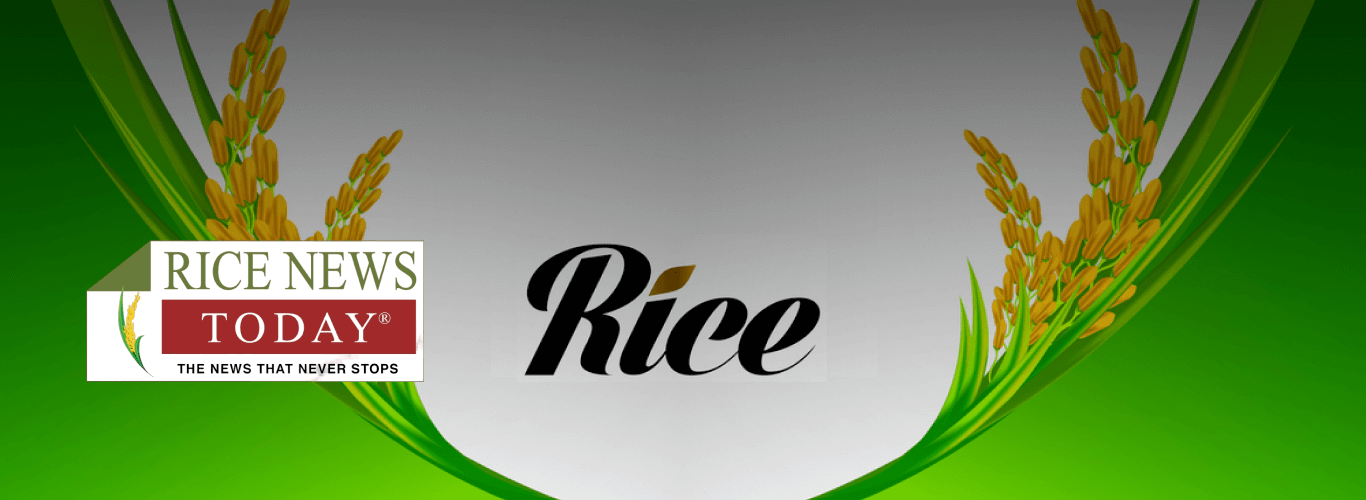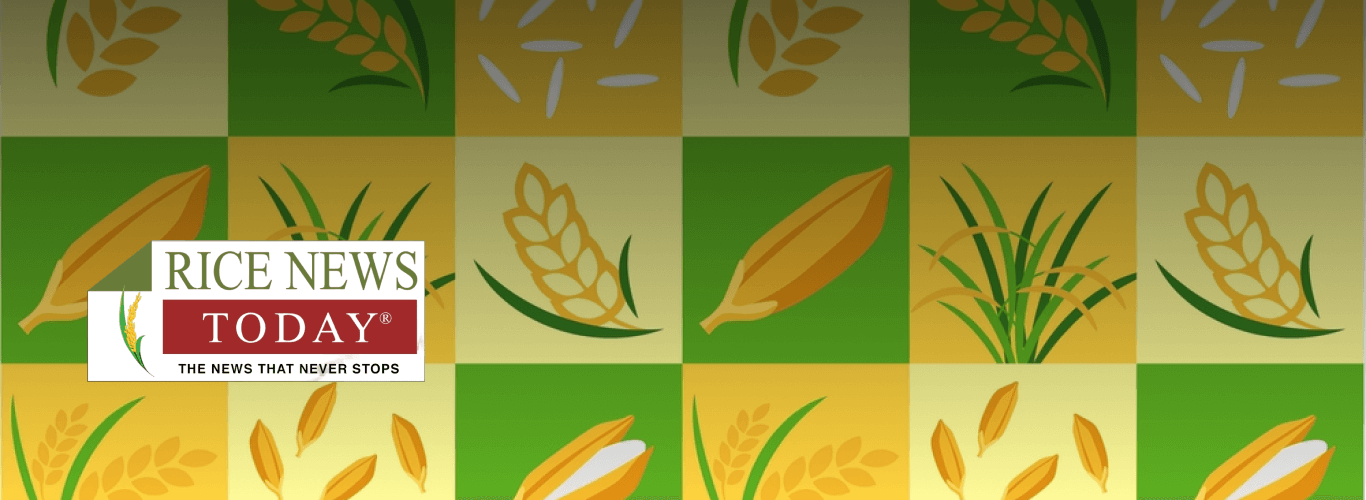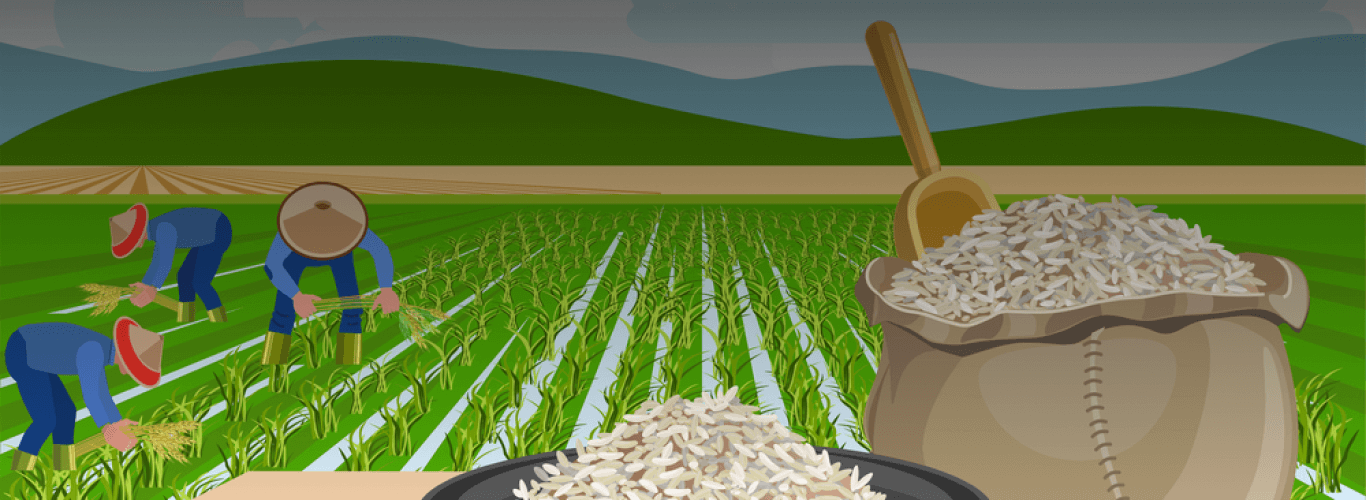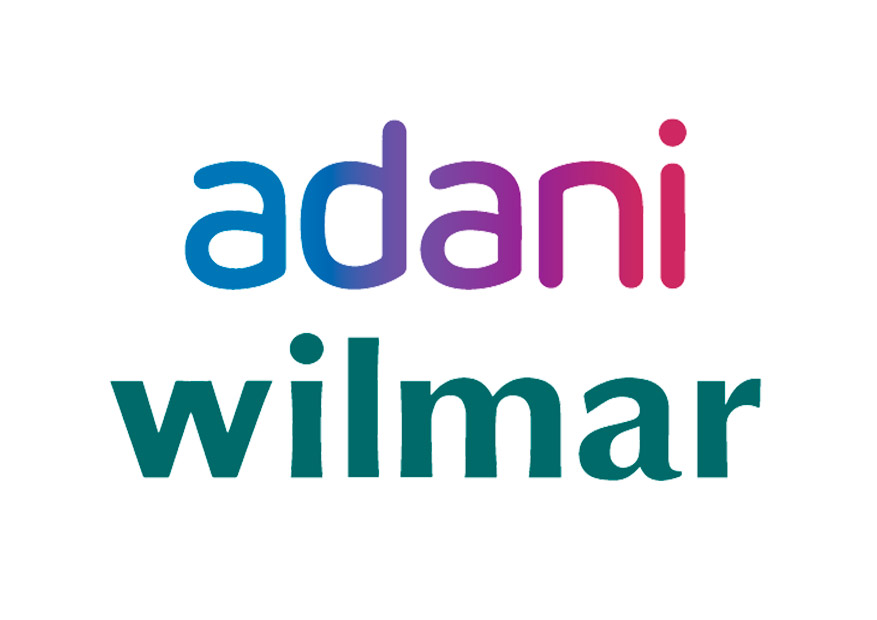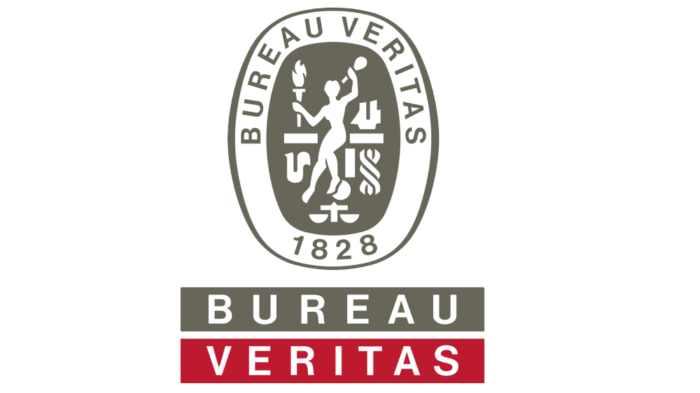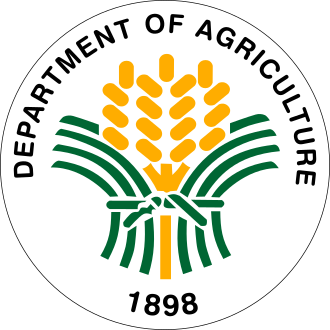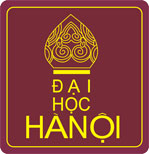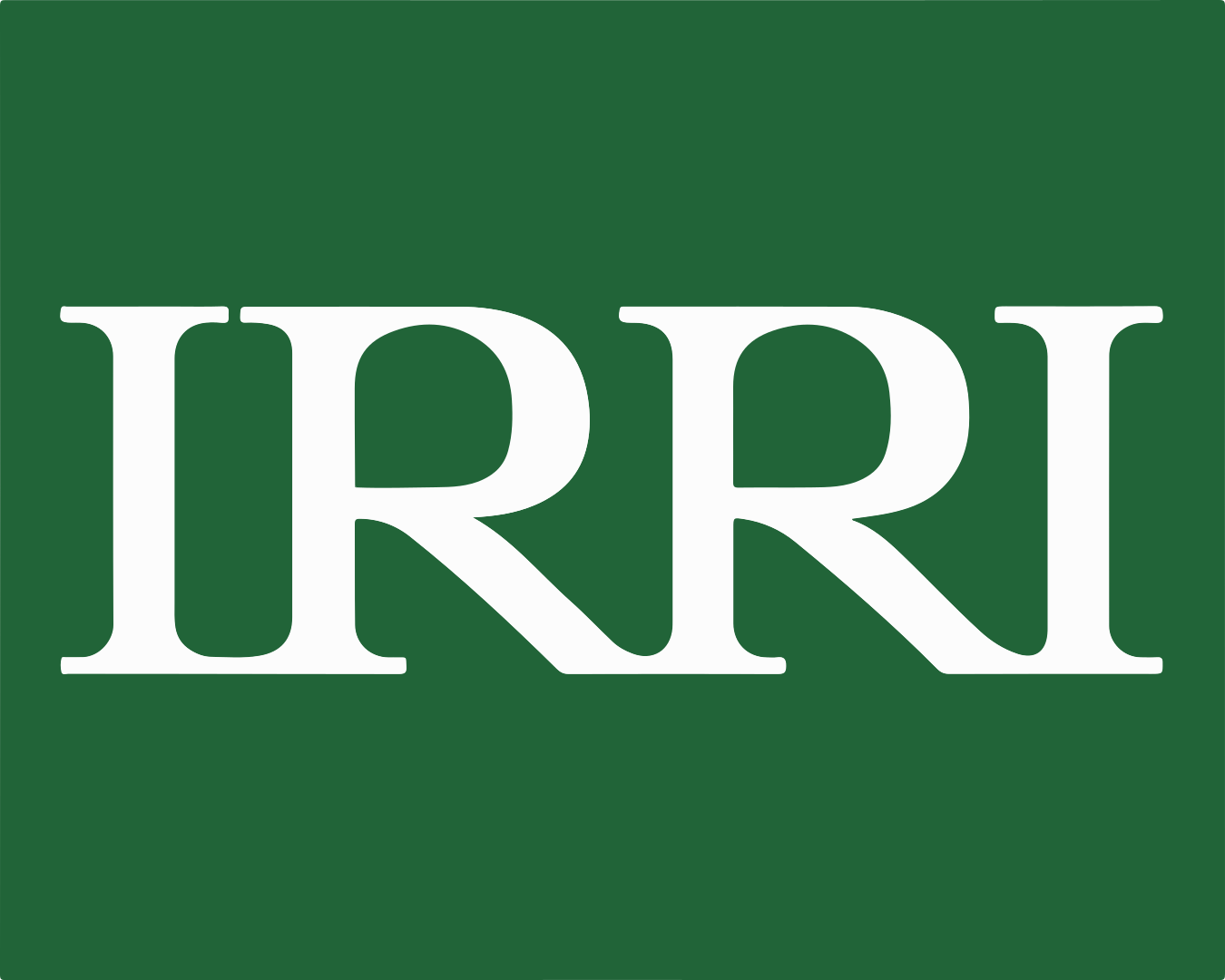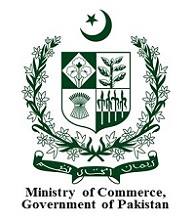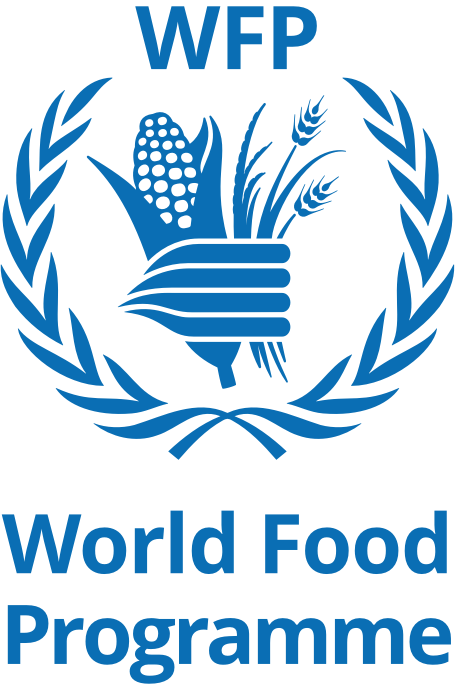Weekly Rice Market
(Indicative Quotes)
Basmati Rice
Basmati Rice | Indicative Quotes | Updated Weekly
Global Market | White Rice
White Rice | Indicative Quotes | Updated Weekly
| Origin | Type of Rice | Variety Name | Broken | Price | Change | High | Low |
|---|---|---|---|---|---|---|---|
| India | Milled White Rice | Long Grain | 5% | $355 | +1 | $380 | $348 |
| India | Milled White Rice | Long Grain | 5% | $381 | +1 | $496 | $379 |
| Pakistan | Milled White Rice | Long Grain | 5% | $366 | -3 | $374 | $334 |
| Pakistan | Milled White Rice | Long Grain | 5% | $380 | -3 | $640 | $380 |
| Pakistan | Milled White Rice | Long Grain | 5% | $590 | -3 | $613 | $488 |
| Thailand | Milled White Rice | Long Grain | 5% | $404 | -6 | $430 | $351 |
| Thailand | Milled White Rice | Long Grain | 5% | $387 | -6 | $669 | $387 |
| Thailand | Milled White Rice | Long Grain | 5% | $596 | -6 | $659 | $469 |
| U.S | Milled White Rice | Long Grain | 4% | $565 | -1 | $622 | $565 |
| U.S | Milled White Rice | Long Grain | 4% | $654 | -1 | $818 | $654 |
| U.S | Milled White Rice | Long Grain | 4% | $798 | -1 | $798 | $708 |
| Vietnam | Milled White Rice | Long Grain | 5% | $363 | -4 | $403 | $360 |
| Vietnam | Milled White Rice | Long Grain | 5% | $386 | -4 | $657 | $382 |
| Vietnam | Milled White Rice | Long Grain | 5% | $579 | -4 | $667 | $445 |
News

India’s rice procu...
Overall purchase up 2% for the kharif season, exceeds 460 lakh tonnes as of February 28. By Prabhudatta Mishra Rice procurement by parastatal agencies such as the Food

Indonesia’s ...
Voice of Indonesia, Oleh – Putri Cahaya Purnama, Editor – Ahmad Faisal RRI.CO.ID, Jakarta – The increase in rice production in Indonesia is a positive sign for food

How much does rice...
By: Mary Rose Sagarino – Correspondent – CDN Digital MANDAUE CITY, Cebu — The price of rice per kilo at the Mandaue City Public Market has increased by ₱2 to

Viet Nam to apply ...
The National Agricultural Promotion Centre, Loc Troi Group and Newgreen Co., Ltd. (Japan) held a signing ceremony for a Memorandum of Understanding (MoU) on cooperation in

DA, key agencies r...
By Che Palicte DAVAO CITY – The Department of Agriculture in Davao Region (DA-11) convened key agencies and rice industry partners on Tuesday to reinforce their shared

India, Canada sign...
The partnership follows the announcement by the Prime Ministers of both countries of a jointly supported Centre of Excellence in Pulse Protein, to be led by NIFTEM-K and USask.

US-Israel-Iran War...
Exporters tell CNBC-TV18 that the timing could not have been worse for Indian exporters, as this is the peak season for shipments to the Gulf region due to Ramadan, when

Rice exporter stoc...
Rice exporter stocks fall as West Asia tensions cloud India’s basmati trade with Iran and Gulf markets; exporters seek relief on stuck consignments and freight costs. Written

Basmati rice cargo...
NEW DELHI – Indian exporters are finding it difficult to get vessels to send basmati rice to the Middle East after US and Israeli strikes on Iran disrupted shipping, leaving
Featured Registered Companies
RNT Tube
India-EU FTA Sparks Alarm In Pakistan As Export Edge Fades And 10 Million Jobs Face Uncertain Future
February 10, 2026
Statistics
Sustainable Rice
Farmers Place
Upcoming Events
Forex Rates
Open Market Forex Rates
Updated at:
From | ||
|---|---|---|
To | ||
| Countries | Currency | Spot Rate |
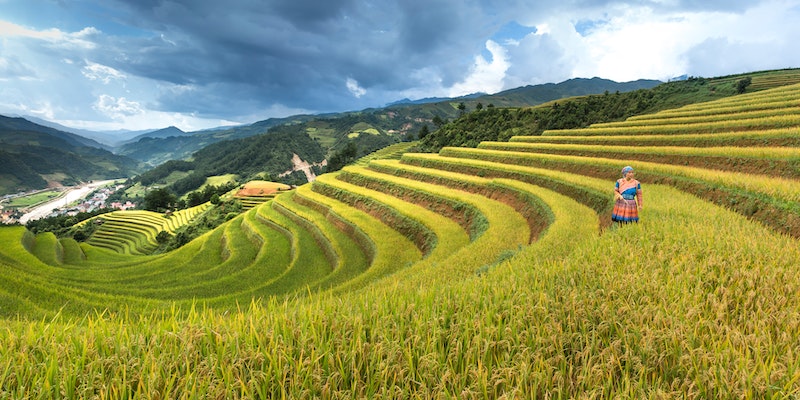
Enjoyed the read?
Join our monthly newsletter for helpful tips on how to run your business smoothly

